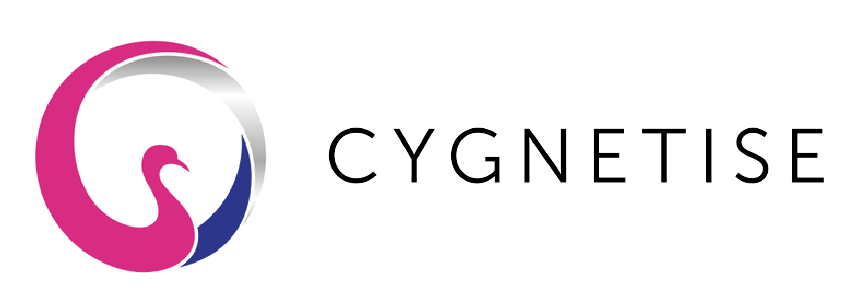Blockchain as a tool for Corporate Governance
Blockchain is probably the most talked-about technology since the invention of the Internet, which has the potential to disrupt every industry.
Below, we explore the benefits that the use of blockchain could bring to Corporate Governance and how it could offer smart solutions for classical sector inefficiencies, especially in the relationship between shareholders and the company.
What is blockchain?
Blockchain is a digital peer-to-peer, decentralised ledger that records all transactions. It’s a record of events/data that is shared between multiple parties. This means that once the information is entered into the ledger, it can no longer be altered, making it more secure and protected from any tampering and revising.
Benefits of blockchain in corporate governance
Increases efficiencies by removing the administrative burden
Mitigates the risk of fraud for organisations by providing an immutable audit trail
Provides greater transparency of ownership
Opportunities and applications of blockchain
Audit trail/ Recordkeeping: Using blockchain to record stock ownership could solve many problems related to companies’ inability to keep accurate and timely records of who owns their shares
Entity management: Blockchain capacity for trust and security could facilitate statutory filings from companies to corporate registries and the exchange of information between the two
Digital identity: Blockchain uses an embedded trust component, meaning someone doesn’t need to appear physically to prove who they are
For shareholders: Blockchain could offer lower costs of trading and more transparent ownership records while permitting a visible real-time overview of transfers of shares from one owner to another
Intellectual property: Every industry, from people, manufacturing, services to conglomerates, can be protected from piracy and data corruption
Property ownership: Blockchain uses a timestamp that cannot be changed and could be the record keeper for all property and subsequent transactions. It could also enable the ‘almost instant’ transfer of property ownership in a secure way
Real-time accounting: Consumers of financial statement information would not need to rely on the judgment of auditors and the integrity of managers. Instead, they could trust with certainty the data on the blockchain and impose their own accounting judgment to make their own non-cash adjustments such as depreciation or inventory revaluation
Smart contracts execution: A smart contract is a piece of computer code that is capable of monitoring, executing and enforcing an agreement. Smart contracts can be used for the exchange of money, property, shares, or anything of value in a transparent, conflict-free way while avoiding the services of a middleman. They dramatically reduce costs of verification and enforcement
Transparency: Blockchain could provide unprecedented transparency to allow investors to identify the ownership positions of debt and equity investors and overcome corruption on the part of regulators, exchanges, and listed companies
Voting: Corporate voting could become more accurate, and strategies such as ‘empty voting’ that are designed to separate voting rights from other aspects of share ownership, could become more difficult to execute secretly. The greater speed, transparency, and accuracy of blockchain voting could also motivate shareholders to participate more directly in corporate governance and demand votes on more topics and with greater frequency
Potential risks of blockchain
Investing too early, perhaps when your customers or suppliers are unaware
Public blockchains can be expensive if transaction volume is high
Your competitors taking the first advantage thereby reducing their costs and pricing
Is blockchain secure?
Blockchains store data using sophisticated maths and innovative software rules that are extremely difficult for attackers to manipulate. It is very challenging, almost impossible, to change any transaction information once it is validated and becomes part of a block. Users on the blockchain have a perfect audit of any changes made to their data – and they can see what was changed, who changed it, and when it was changed.
Want to learn more about Cygnetise? Request a free demo below and one of our team will get in touch with you right away!
References
Futureproofing: Technological innovation, the company secretary and implications for corporate governance by ICSA: The Governance Institute
Bitcoin and the Blockchain as Possible Corporate Governance Tools: Strengths and Weaknesses by Fiammetta S. Piazza
Corporate Governance and Blockchains by David Yermack
Blockchain technology for Corporate Governance and Stakeholders Activism


